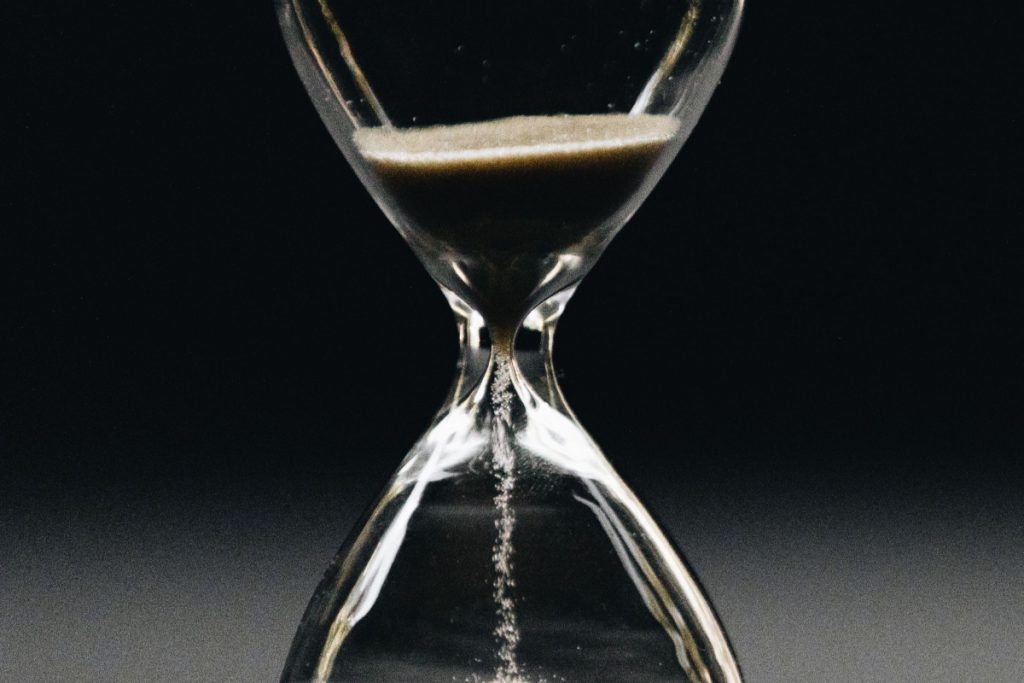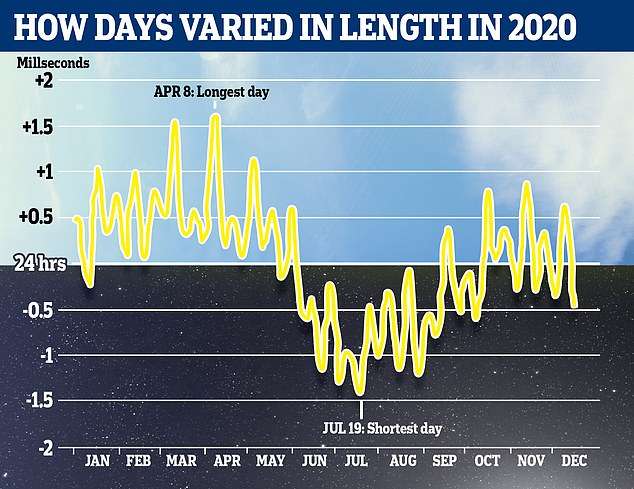If it seems like time is passing more quickly these days, there’s now scientific proof that it’s not just in your head.
Researchers have revealed that the Earth is spinning faster and faster, shaving off milliseconds from our normal 24-hour day. In fact, 2020 has included 28 of the shortest days since record-keeping on the subject began in 1960.
A normal day consists of 86,400 seconds, but even in the 60s it was discovered that each day can vary by milliseconds. That measurement of one solar day is done by measuring our planet’s rotation in conjunction with other distant objects in space. Throw that together with a mathematical formula and you have a mean solar day.
Before this year, the shortest day on record was July 5, 2005, when the Earth took 1.0516 milliseconds less than the normal 86,400 seconds. And before that, the record held since 1973.
But on July 19 of 2020, the recorded daylength was 1.46 milliseconds shorter, with almost a month surrounding that day breaking all previous records.
“Changes in the atmosphere, specifically atmospheric pressure around the world, and the motions of the winds that may be related to such climate signals as El Niño are strong enough that their effect is observed in the Earth’s rotation signal,” atmospheric scientist David A. Salstein told Science Daily in 2003.
So is there a light at the end of the tunnel? Scientists say no. This year is actually predicted to be even shorter than last as the Earth continues its rapid spin cycle. According to the researchers’ calculations, the average day for 2021 will be 0.05 milliseconds shorter than 86,400 seconds.
So while many of us think the world will end with a zombie outbreak, nuclear war, or meteor, it turns out that we all might literally just be spinning out of control.
Want to chat about all things post-apocalyptic? Join our new Discord server here.


